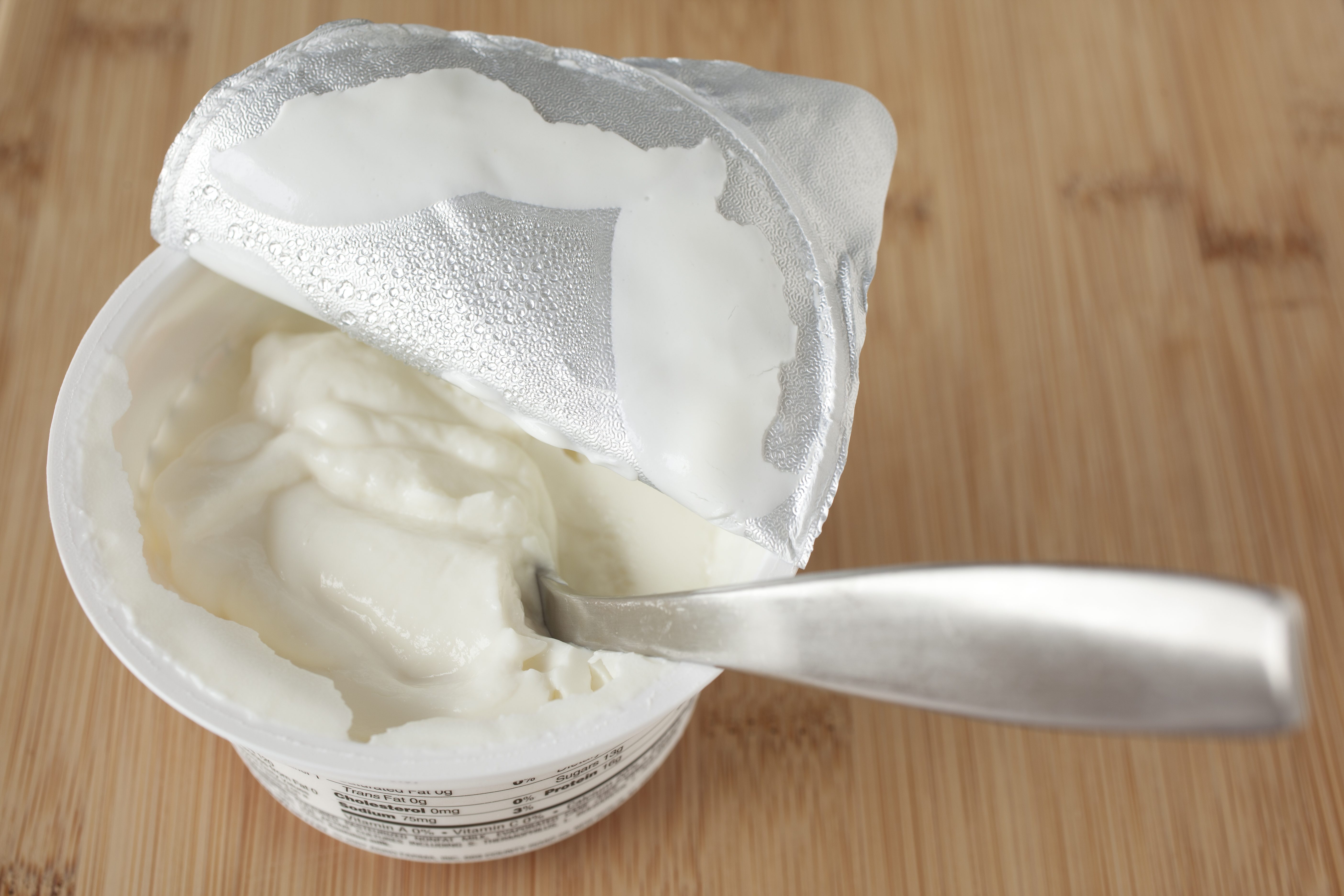Funeral Foods Hold Important Meaning, According To Specialists
Many people wonder why they eat so much at or after a funeral. It has become a norm in our society these days, but what is it about burying or cremating someone that makes nourishing the body the next course of action? In this article, we discuss the common occurrence and what it truly signifies.
;Resize,width=742;)
After a funeral, many people gather for the funeral meals, where they consume plate upon plate of food almost mindlessly. Many believe that funeral meals are meant to assuage grief and to honor the dead and their beliefs about what comes next after death.
In America, meals like that can also reflect ethnicity, health lifestyle, state laws, and contemporary funeral practices which is why it is so special to many. Besides that, feeding after performing the last rites for a late person has a fundamental aim.
According to Dr. Holly Prigerson, a bereavement specialist who heads research at the Center for Psycho-Oncology and Palliative Care at the Dana-Farber Cancer Institute at Harvard Medical School, “You can't be noshing when something's chasing you.”
She said C.S. Lewis had been spot on when he wrote, "No one ever told me that grief felt so like fear."
Dr. Holly believes that grief triggers the fight-or-flight response in humans as it puts the body in a state of alarm, making it seem like you are being chased. If a grieving person refuses to eat, that’s usually because the body has chosen to prioritize survival.
She further added: "Post Funeral meals, the food brought by family and neighbors, offer emotional support. But we do these things also out of a basic human sense that people who have survived the death of someone they love are going to need nourishment. They've been depleted by caregiving and bereavement. Grieving people must eat."
This is why friends and families of the bereaved will take food of all varierty along with them when visiting. In many American states, food is even taken to the funeral grounds however this is not allowed in New York.

This has prevented some from running funeral homes there because they believe food is a big part of funerals. LaVone Hazell, a family therapist who trains clergy in bereavement support and advocacy, said:
"Funeral meals, like the African-American repast, are so important to so many ethnic and religious communities, I could never run a funeral home that didn't accommodate them.”
In America, funeral foods mostly consist of dishes that can be made on the go. Compared to African-American repasts, they seem rushed however, it is usually the sentiments that matter. Another thing that matters is the deceased's religion and how they choose to honor it.
In recent times, American repasts have seen more variety of ingredients with a reduction in fatt foods. It is expected to serve your best at such repasts as they can be great for rejuvenation while being a perfect way to send off a loved one.
;Resize,width=767;)
;Resize,width=712;)
;Resize,width=712;)
;Resize,width=712;)
